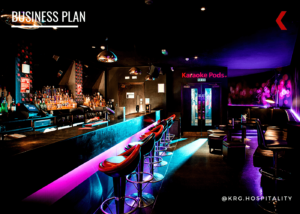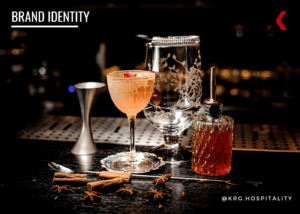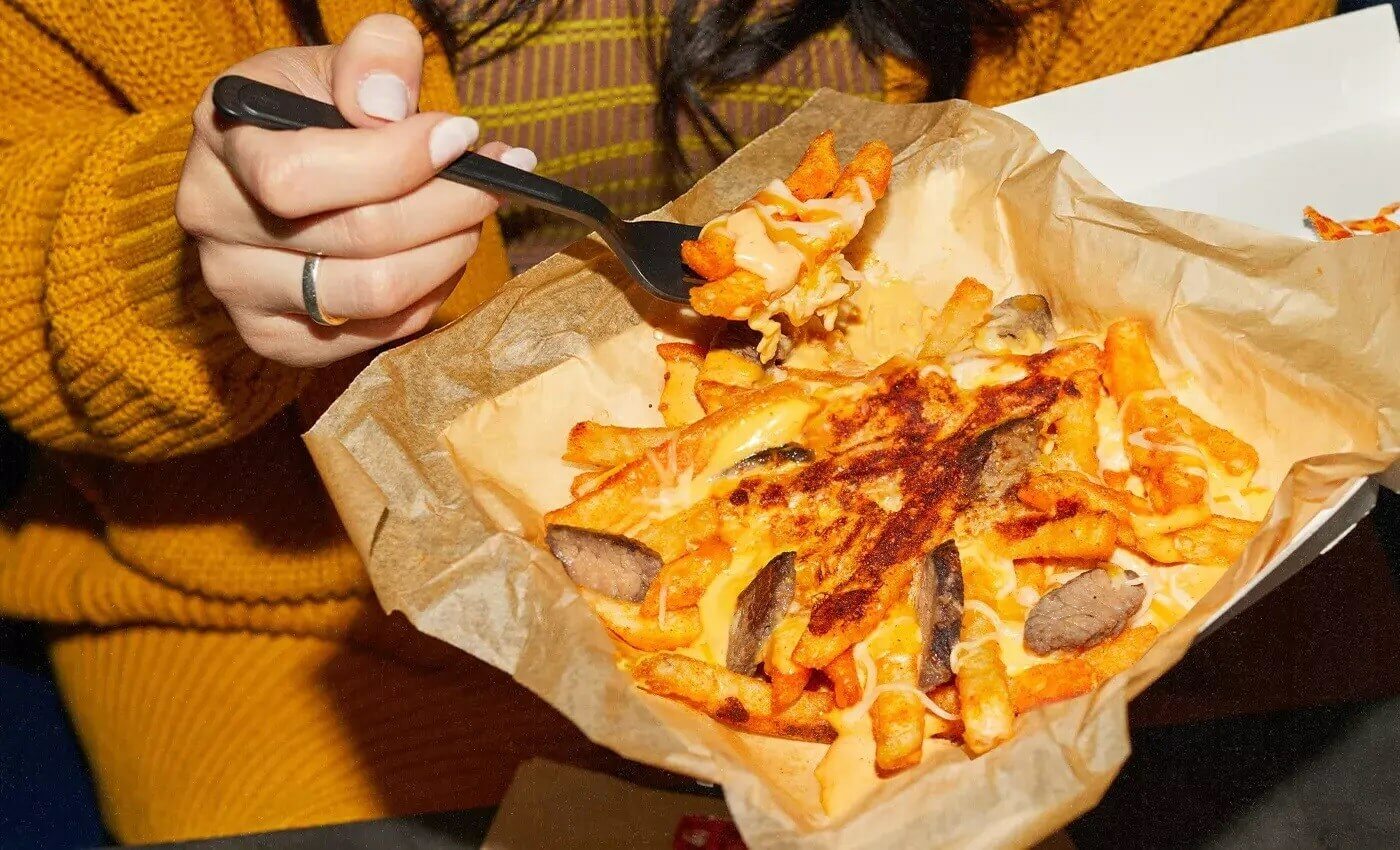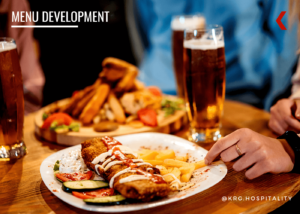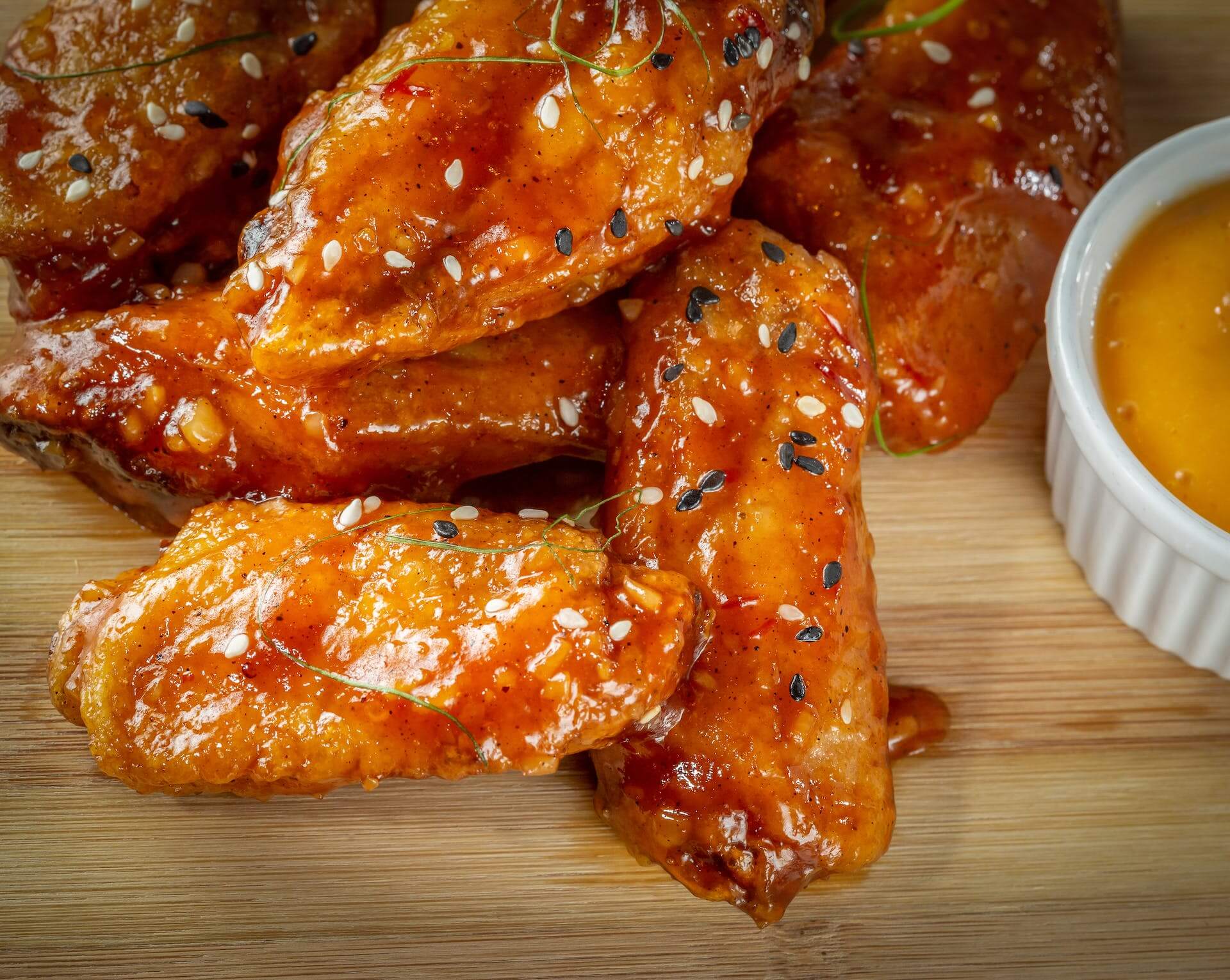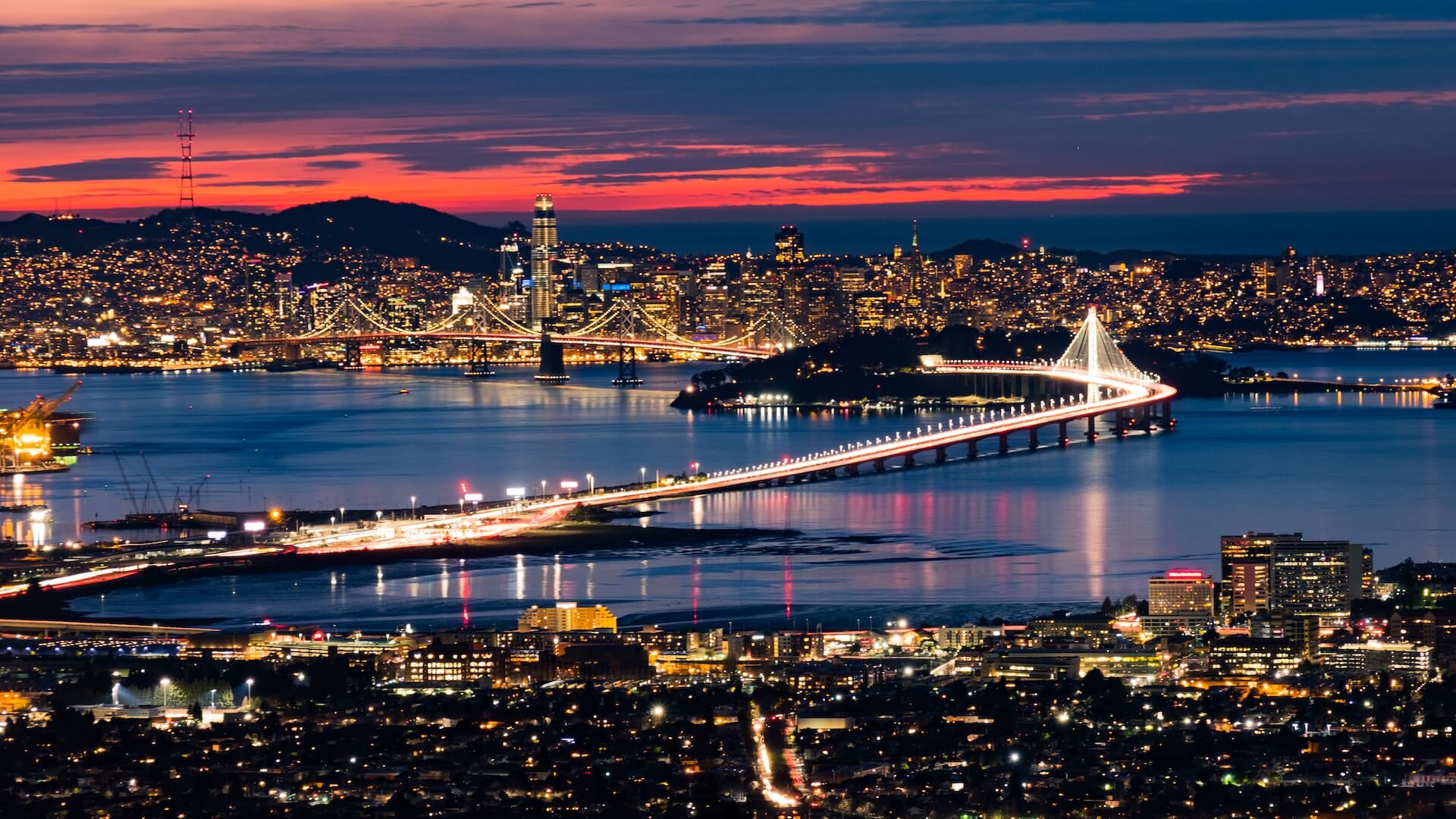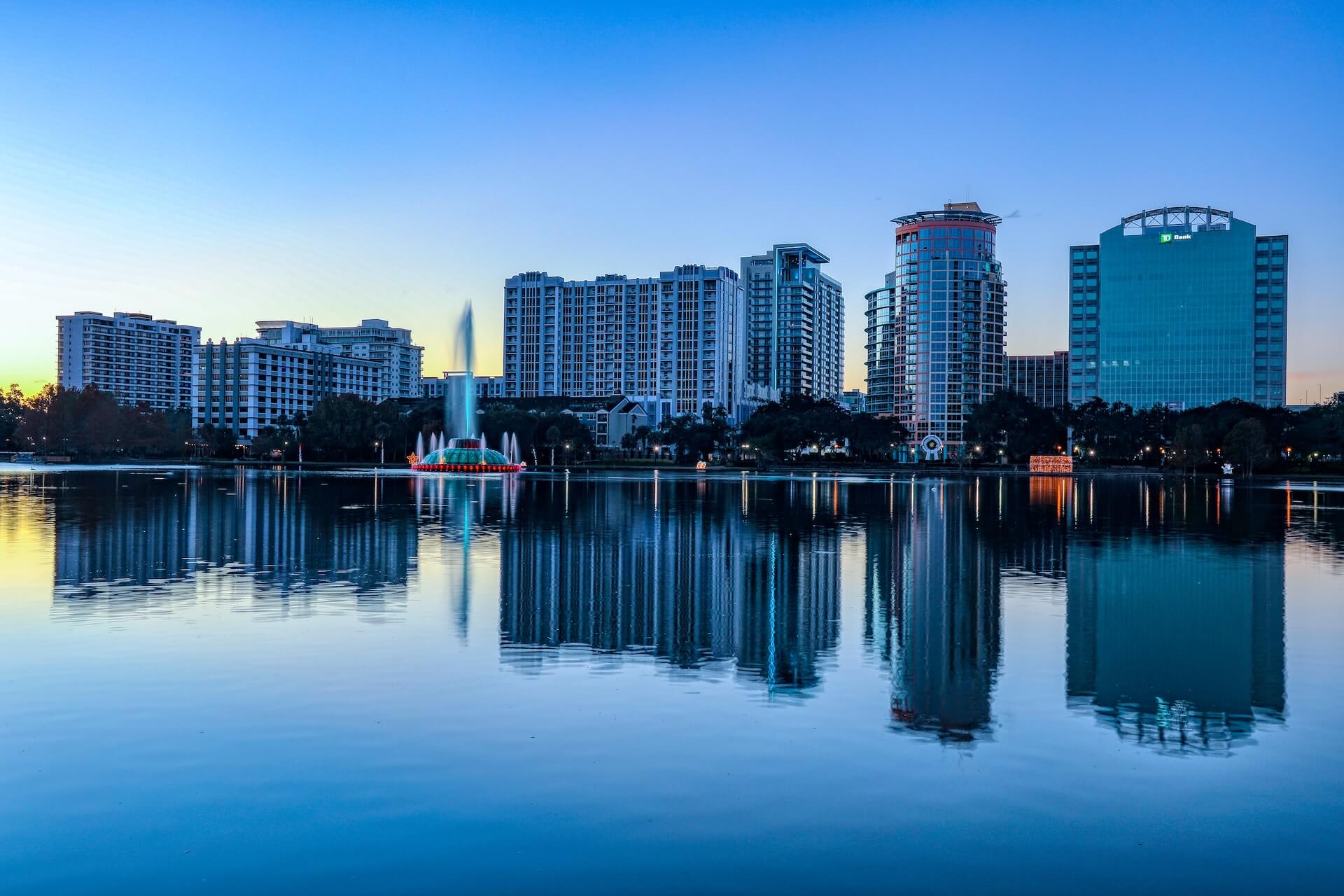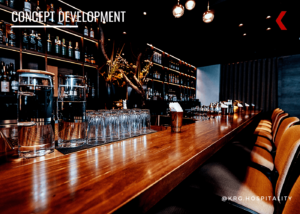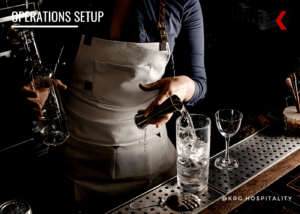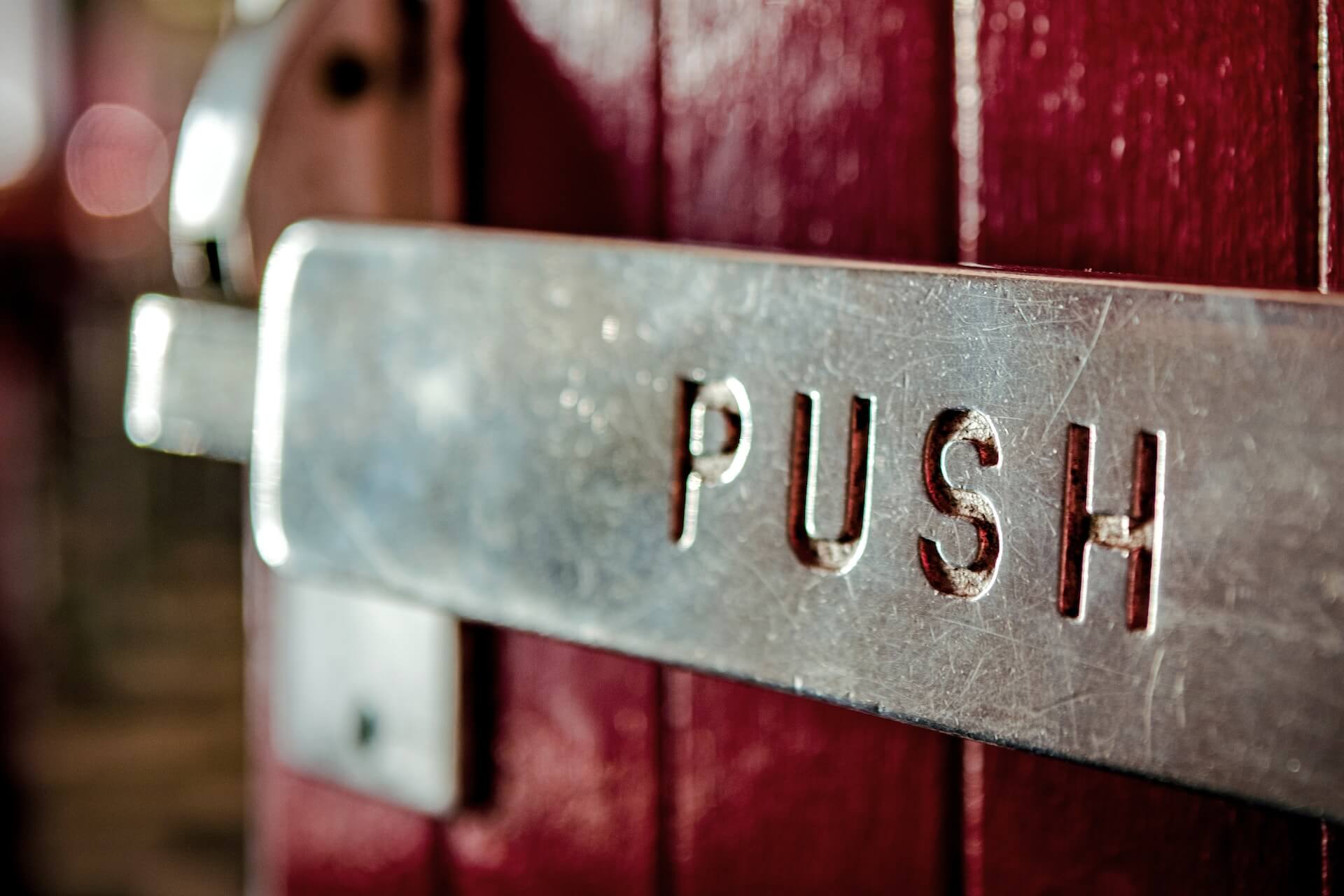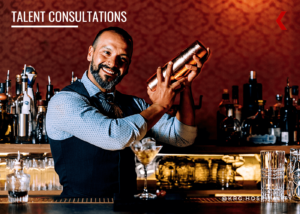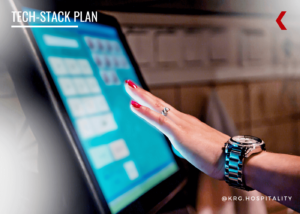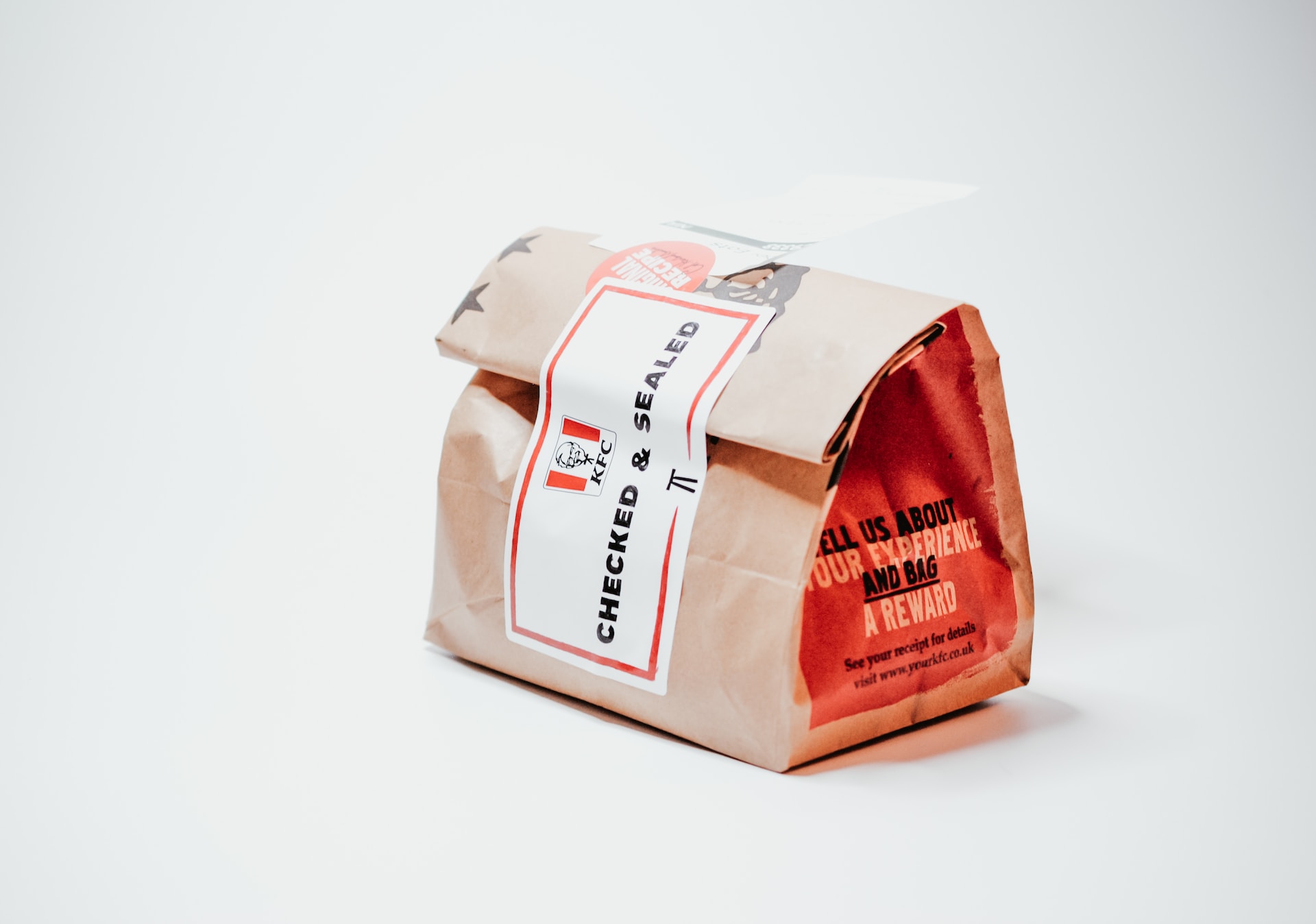Independents: Which Cities Lead the Way?
by David Klemt
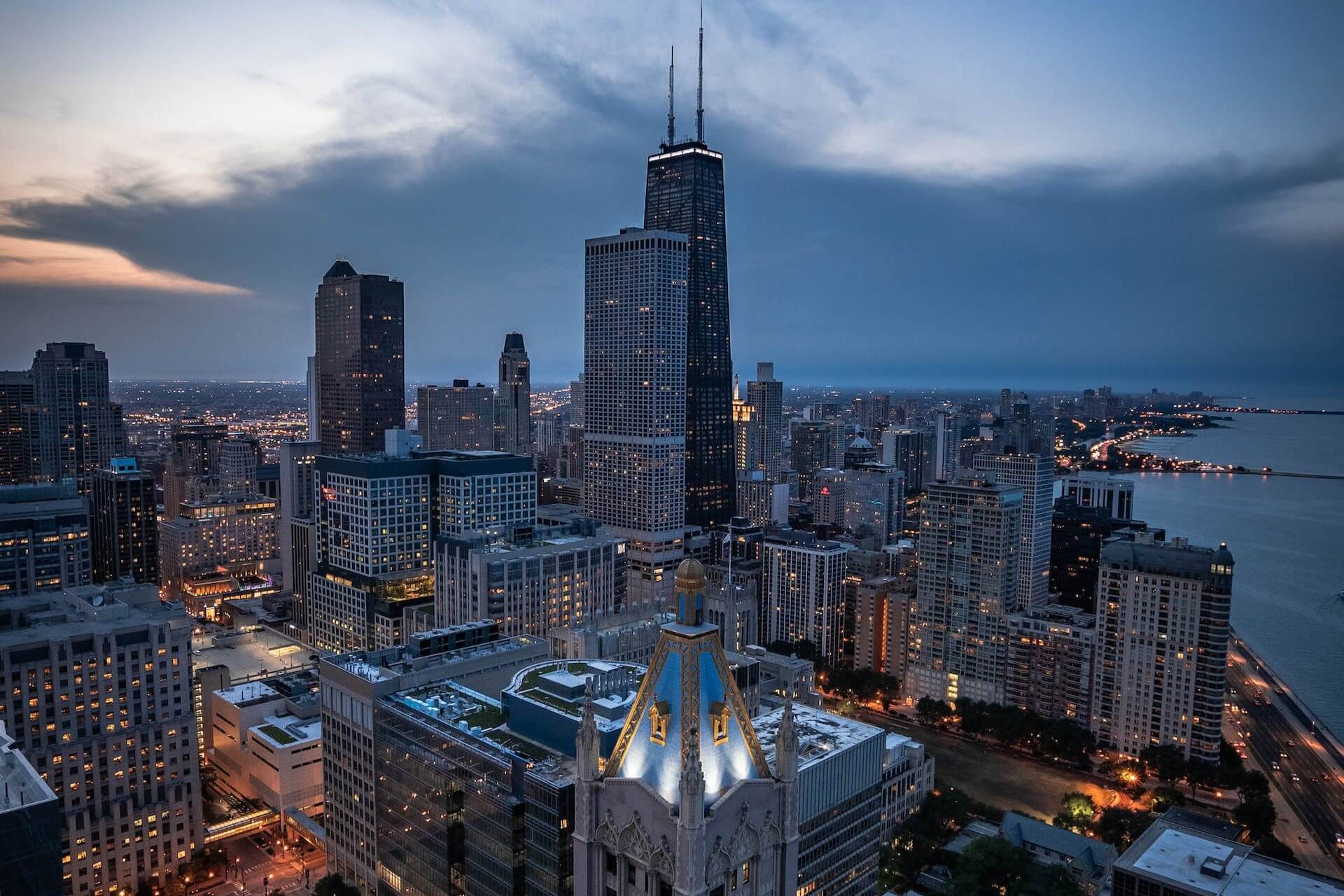
The majority of the top ten indie restaurants on the Restaurant Business Top 100 Independents ranking are in two American cities.
Those two cities are Miami Beach, Florida, and Chicago, Illinois. While Miami Beach claims two spots among the top three, Chicago has the most restaurants in the top ten. However, the top three indies are all in Florida, with number two being the Boathouse in Orlando.
So, Florida and Illinois are home to nearly the entire top ten of Restaurant Business’ Top 100 Independents. That’s impressive.
What’s even more impressive is the combined annual sales figure of the top ten: $333.4 million. Now, let’s separate Miami Beach. The three indies in the Florida city generated nearly $114 million themselves. Chicago’s four indies among the top ten generated $118 million.
Taken together, the top 100 indies generated $1.95 billion.
All told, 14 of the top 100 indies as ranked by Restaurant Business are in Chicago. Five are in Miami Beach, and five are in Miami. Before I move on, no, Miami Beach and Miami aren’t the same city; they’re entirely separate municipalities. In total, 16 restaurants on this list are in Florida.
New York boasts 15 restaurants on the list. Four are in San Francisco, and just two are in Los Angeles. However, California claims 15 restaurants in total.
However, as you’ll see below, this Restaurant Business list consists of more than just the usual big cities.
Restaurant Business Top 100 Independents: The Top Ten
Below, the top ten independent restaurants, per Restaurant Business.
- Joe’s Stone Crab Restaurant (Miami Beach, Florida)
- The Boathouse (Orlando, Florida)
- Komodo Miami (Miami Beach, Florida)
- Maple & Ash Chicago (Chicago, Illinois)
- Mila (Miami Beach, Florida)
- Sierra Mar (Big Sur, California)
- Gibsons Bar & Steakhouse (Chicago, Illinois)
- Gibsons Italia (Chicago, Illinois)
- Alexxa’s (Las Vegas, Nevada)
- Alinea (Chicago, Illinois)
Alinea commands the highest average check among the top ten, at $650. The most reasonable is the Boathouse, averaging $45.
Interestingly—and perhaps logically—these two restaurants find themselves in the inverse when it comes to annual meals served. The Boathouse serves the most: just over one million. And Alinea, among the top ten indies, serves the least: nearly 45,700.
Notably, when we move on to numbers 11 to 20, Las Vegas, Miami, and New York account for six restaurants.
However, it’s also notable that it’s not just the usual big cities with restaurants on this list. Smaller cities, such as Frankenmuth in Michigan, are home to some of America’s top-performing independent restaurants.
For some context, Frankenmuth has a population of less than 5,200 people. However, Michigan’s “Little Bavaria” draws three million tourists per year. So, it’s no surprise that Zehnder’s Restaurant generates more than $19 million in annual sales.
Restaurant Business Top 100 Independents: The Bottom Ten
Just for fun, let’s take a look at the bottom ten on the Restaurant Business list.
- Siena Tavern (Chicago, Illinois)
- Fleet Landing Restaurant & Bar (Charleston, South Carolina)
- Electric Lemon NY (New York, New York)
- Bar Siena (Chicago, Illinois)
- El Vez (Philadelphia, Pennsylvania)
- Mi Vida (Washington, DC)
- Scoma’s Restaurant (San Francisco, California)
- Mexican Sugar (Las Colinas, Texas)
- The Shed Barbecue & Blues Joint (Ocean Springs, Mississippi)
- Chef Adrianne’s Vineyard Restaurant and Bar (Miami, Florida)
Adding context, these ten restaurants have generated $114.6 million in annual sales. That’s roughly the same amount of annual sales as the three restaurants in Miami Beach in the top ten.
Each of the “bottom” ten has annual sales ranging from $11.2 million to $11.9 million.
Takeaway
We all know the following axiom: “Location, location, location.”
It’s tempting to assume this means a business must be in a major city. That’s a woeful oversimplification. Myriad considerations must be made when looking at a market, whether the population is in the hundreds or millions. Assuming a concept will drive traffic and generate millions of dollars solely because it’s in a major city is foolish.
Let’s take another look at Zehnder’s in Frankenmuth. The restaurant, number 47 on the list, generated $19.2 million in annual sales. Moreover, it’s in a town with a population under 5,200.
Number 46 generated $19.3 million and is in (on?) Waimea in Hawaii. Number 48 boasted annual sales of $19 million and is in a city with a population of almost 2.7 million: Chicago.
Clearly, tourism a key contributing factor to the success of Zehnder’s. Not population, not the demographics of the permanent residents, not big-city status.
So, what about check average? Alinea, number ten, has the highest at $650 and generated $28.3 million in sales. However, the Spot, number 85, has an average check of $18 and generated $12.3 million.
The success of any restaurant, bar, nightlife or eatertainment concept doesn’t come down to a single element. What sets a concept apart is a deep understanding of a specific market, the surrounding markets, “sister” sites and competitors, guest desires and expectations, and so much more.
How does an operator come to understand their operation and their market? A feasibility study to start. Then comes a thorough, coherent concept plan and a complete business plan, and an obsession with data.
Operators who put in the work to attain strategic clarity have the potential to earn their way onto the Top 100 Independents list.
Image: Cameron Casey on Pexels

